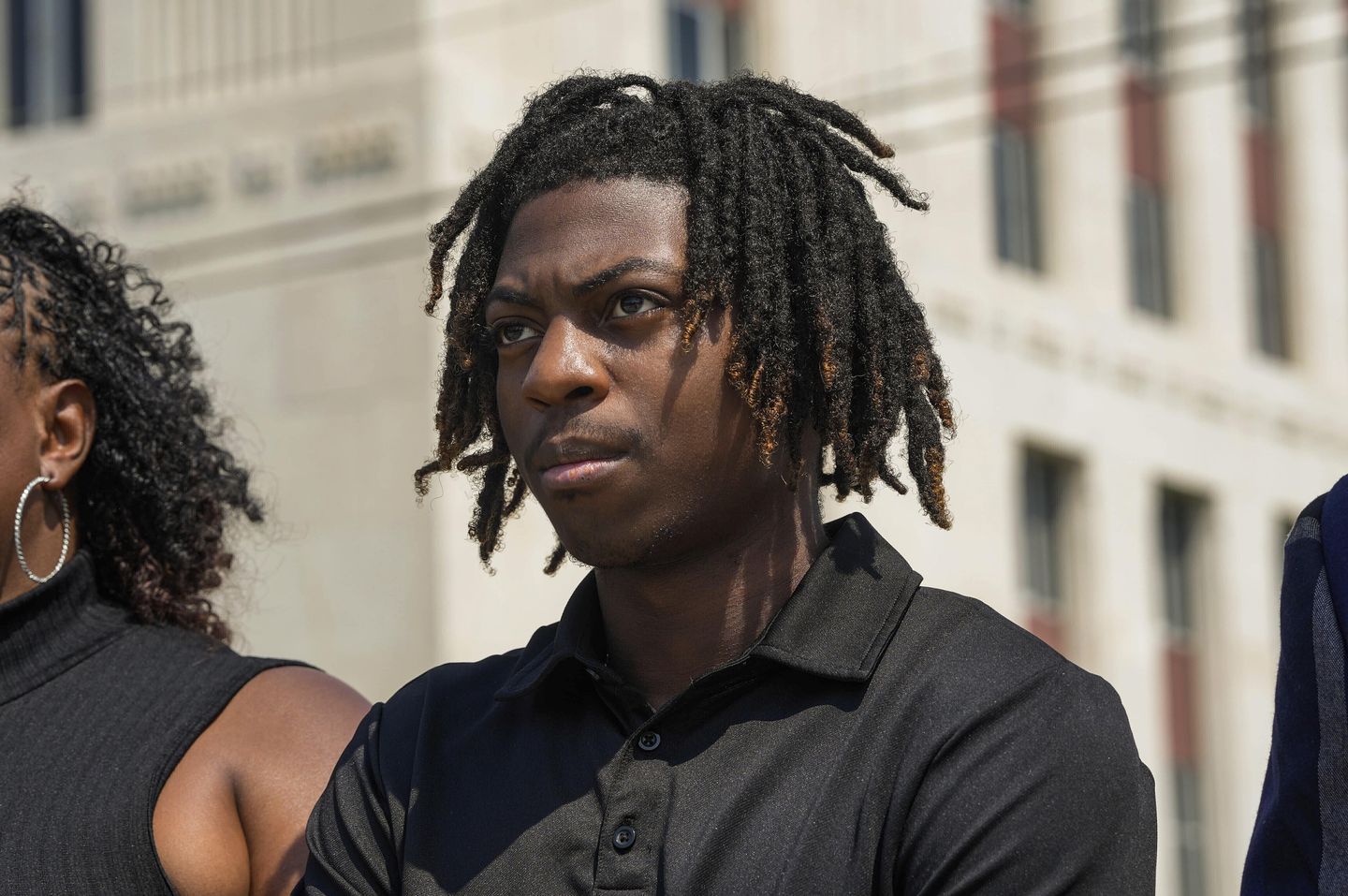In a ruling that has sparked controversy and raised questions about discrimination in schools, a federal judge in Texas denied a request made by a Black high school student to prevent his school from enforcing a punishment related to his hairstyle.
The student, whose name has not been disclosed to protect his privacy, had been suspended from his high school for violating the school’s dress code by wearing his hair in dreadlocks. The student’s lawyers argued that the punishment was discriminatory and rooted in racial bias, as the school’s dress code did not specifically prohibit dreadlocks but did prohibit “hairstyles that are distracting or disruptive.”
The incident drew national attention and sparked a debate about hair discrimination in schools, with many accusing the school of enforcing policies that disproportionately impact Black students. The student’s legal team filed a lawsuit against the school, seeking a court order that would prevent the school from enforcing the punishment and allow the student to return to school without fear of further repercussions.
In a hearing on Friday, the federal judge presiding over the case denied the student’s request for a court order, citing the school’s right to enforce its dress code policies. The judge stated that while the student’s hairstyle may be an important aspect of his cultural identity, the school had the authority to set and enforce rules regarding student appearance.
The ruling has sparked outrage among advocates for racial equality and civil rights, who argue that the decision sets a dangerous precedent and fails to address the underlying issue of discrimination in schools. Many have pointed out that policies like those enforced by the student’s school disproportionately impact Black students and perpetuate harmful stereotypes about Black hairstyles.
In response to the ruling, the student’s legal team has vowed to continue fighting for justice and advocating for policies that promote inclusivity and diversity in schools. They have called on the school to reconsider its dress code policies and to take steps to address the impact of discrimination on its students.
The case has also reignited a larger conversation about hair discrimination in schools and workplaces, with many sharing their own experiences of being targeted for their hairstyles. In recent years, several states have passed legislation prohibiting discrimination based on hairstyles, recognizing that policies that target certain hairstyles can perpetuate harmful stereotypes and contribute to a culture of exclusion.
The student at the center of this case has received an outpouring of support from his community and from advocates around the country. Many have praised him for standing up against discrimination and for calling attention to the need for greater awareness and understanding of the impact of policies that target certain hairstyles.
As the case continues to unfold, it serves as a reminder of the ongoing struggle for equality and justice in schools and in society as a whole. It highlights the importance of challenging discriminatory policies and working towards a more inclusive and equitable future for all individuals, regardless of their race, ethnicity, or cultural background.









